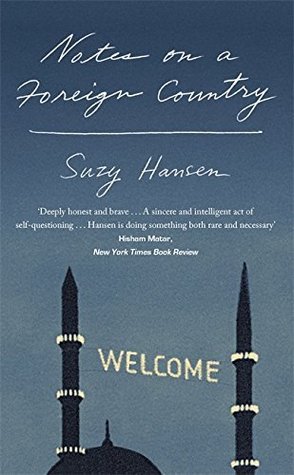More on this book
Community
Kindle Notes & Highlights
I would never have admitted it, or thought to say it, but looking back, I know that deep in my consciousness I thought that America was at the end of some evolutionary spectrum of civilization, and everyone else was trying to catch up.
Because to us, that isn’t propaganda, that is truth. And to us, that isn’t nationalism, it’s patriotism. And the thing is, we will never question any of it because at the same time, all we are being told is how freethinking we are, that we are free. So we don’t know there is anything wrong in believing our country is the greatest on earth.
It’s not the ignorance of your peasant in Anatolia, or any peasant anywhere … If you are dealing with people who do not know how to read and know they don’t know how to read, it is at least conceivable that you can teach them how to read. If an African peasant doesn’t know how to drive a tractor, or how to irrigate a barren field, he can be taught those things. But I don’t know what you do with the people who are ignorant in the way Americans are ignorant. Who believe they can read, and who read their Reader’s Digest, Time magazine, the Daily News, who think that’s reading, who think they know
...more
The American empire, for American citizens, was difficult to locate, I would discover, because it had long ago developed ways of preventing its own citizens from knowing the contours of its existence.
newspapers such as The New York Times, a million television news
Refugees rebelled against the superficial idea of East and West, for which Turkey had not been the bridge, I realized, but the wall that had once kept the two apart.
The only difference is that now I know it. If there was anything fully shattered during my years abroad, it was faith in my own objectivity, as a journalist or as a human being.


